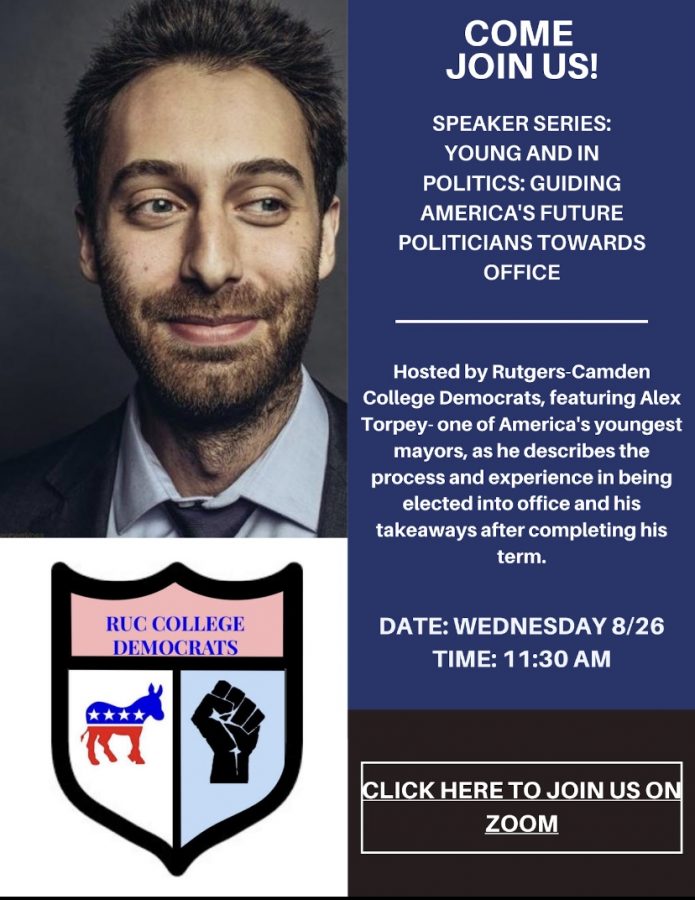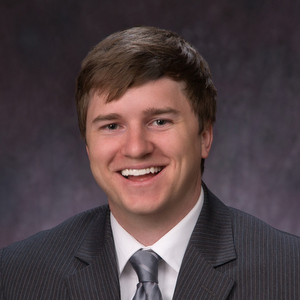Date
April 26, 2021
Rutgers has received $1 million from the New Jersey Office of the Secretary of Higher Education to establish a policy lab that will analyze solutions to critical issues facing the Garden State.
The State Policy Lab, housed in Rutgers’ Edward J. Bloustein School of Planning and Public Policy and managed in conjunction with the Rutgers-Newark School of Public Affairs and Administration, will include expertise from a network of scholars, community members and external policy experts.
“Rutgers-New Brunswick and its Bloustein School have always focused on serving the people of New Jersey,” said Rutgers-New Brunswick Chancellor Christopher J. Molloy. “We are proud to collaborate with the state on this partnership, which provides another important venue by which our world-class research will help enhance the quality of life in the Garden State.”
The main purposes of the lab, which is being funded through Gov. Phil Murphy’s 2021 state budget, includes providing policy-makers with clear and accessible research on state and local governance while assisting stakeholders in troubleshooting unanticipated implementation issues; generating data modeling for policy recommendations to enable state policymakers to test different budgetary and legislative scenarios; and building coalitions across governments, institutions of higher education and community organizations to support evidence-based policy initiatives.
“We look forward to providing our expertise with policy research, big data analytics and community engagement towards evidence-based decision-making in critical areas of policy and operations within the state of New Jersey,” said Piyushimita (Vonu) Thakuriah, dean of the Edward J. Bloustein School of Planning and Public Policy. “I am particularly excited to be working with the School of Public Affairs and Administration in Rutgers-Newark, and a wider network of academic and policy collaborators throughout the university, statewide, nationally and even internationally to solve grand policy challenges. This is a fantastic opportunity for our students, as it is for us to be of service to our state.”
Charles Menifield, dean of the School of Public Affairs and Administration said he is hoping the new collaboration with Bloustein will be the first of many.
“This is an exciting time for SPAA and we are excited to work with the Bloustein School in launching this endeavor,” Menifield said. “It is a great opportunity for Rutgers to provide expertise to the governor and state legislature. I hope this opportunity leads to other collaborations.”
For New Jersey to continue to be at the forefront of innovation throughout the nation, policy issues need to be carefully addressed, said Brian Bridges, secretary of Higher Education.
“High-quality research and analysis is crucial to ensure New Jersey remains at the center of innovation,” said Bridges. “This will be even more critical as our economy recovers from the pandemic, as the State Policy Lab will examine how to address long-term issues facing the state and improve the lives of New Jerseyans. I look forward to Rutgers’ leadership in this high quality research endeavor.”
The State Policy Lab will utilize an equity framework to analyze policies and programs with the goal of identifying improvements that benefit all residents, particularly those from low-income backgrounds and those who have been historically disadvantaged.
Additional partners include the Walter Rand Institute (Camden), the Cornwall Center (Newark), the Eagleton Center for Public Interest Polling (New Brunswick), the Center for Urban Research & Education (Camden), the Rutgers Law School Center on Law, Inequality, and Metropolitan Equity, Kean University and New Jersey Institute of Technology.


